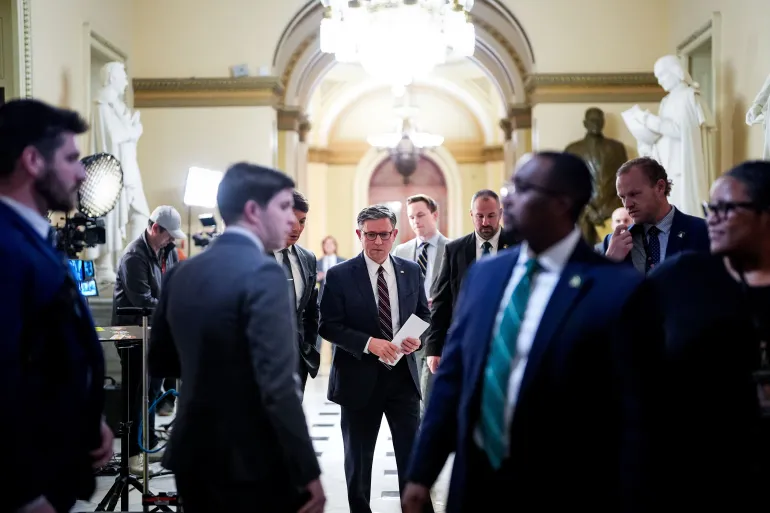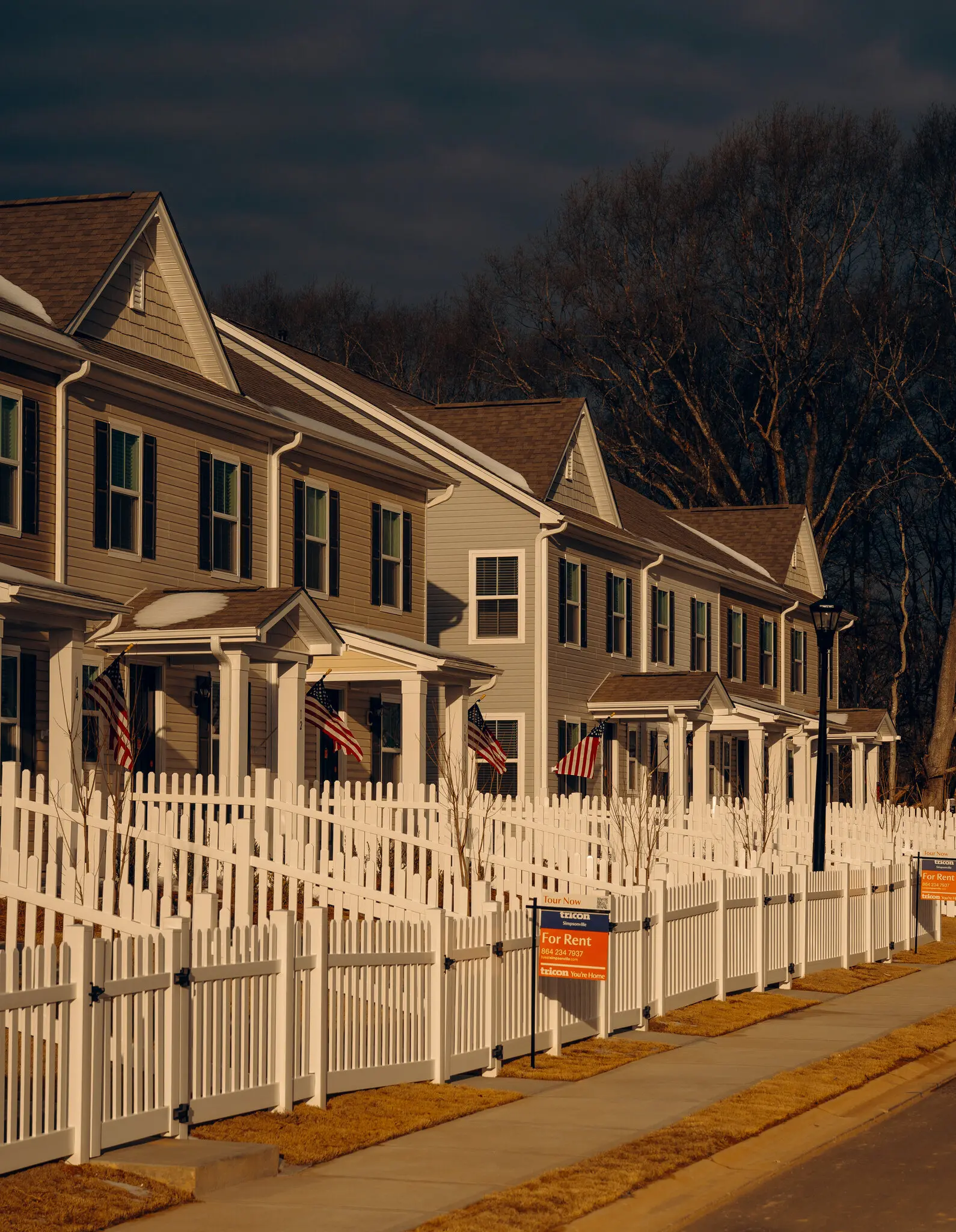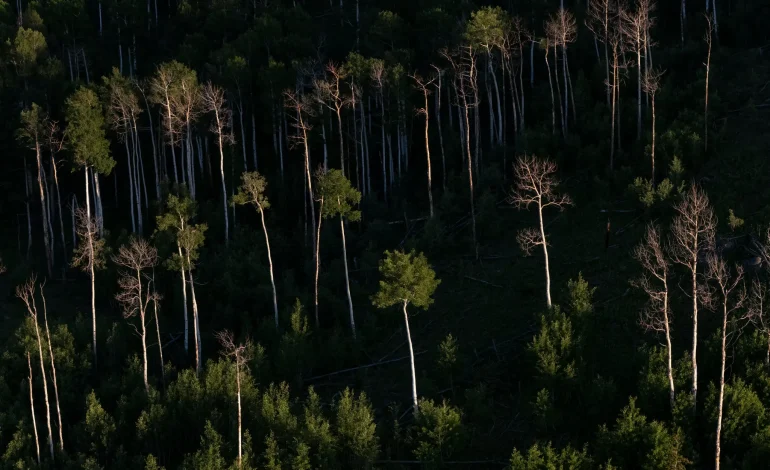A Republican proposal to sell over 3,200 square miles of federal land in the Western United States has been removed from a sweeping tax and spending bill after the Senate parliamentarian ruled it violated chamber rules.
The decision effectively halts—for now—a long-standing conservative push to transfer public lands to state or private control.
The provision, introduced by Senator Mike Lee of Utah, aimed to sell up to 8,300 square kilometers of federal land for potential housing or infrastructure development. Lee argued the plan would alleviate rising housing costs and expand opportunities for development in Western states, where large tracts of land are federally managed and off-limits to construction.
However, Senate Parliamentarian Elizabeth MacDonough determined the land sale measure did not comply with the reconciliation process being used to fast-track the broader legislative package. Her ruling also rejected other Republican-backed measures, including a proposed mining road in Alaska and changes to energy permitting rules.
Though largely procedural, such rulings are rarely overturned, making it unlikely the original land-sale plan will reappear in its current form. Lee has since pledged to revise the proposal, stating that a new version would exclude US Forest Service lands and limit potential sales to properties within five miles of existing population centers.
The original plan faced widespread criticism, including from within Lee’s own party. Republican senators from Montana and Idaho opposed the proposal, along with Democratic lawmakers and environmental groups who said it would damage ecosystems, limit recreation access, and open public lands to speculative real estate development.
“This is a victory for the American public, who were loud and clear: Public lands belong in public hands,” said Tracy Stone-Manning, president of The Wilderness Society.
Carrie Besnette Hauser, president of the Trust for Public Land, called the ruling “an important victory” but warned that similar efforts to reduce federal land protections could resurface in Congress.
Lee’s proposal came at a time of renewed debate over land use across the Mountain West. In places like Summit County, Colorado—where housing prices have surged but federal land surrounds growing communities—some residents see public lands as both a barrier to affordable housing and a vital part of the local way of life.
“I’d love to live here for the rest of my life,” said Zyle Yelton, a liquor store manager in Breckenridge. “But I can’t afford a place.”
Still, he and others expressed strong support for maintaining access to public lands for hiking, camping, and hunting.
Even some housing advocates cautioned that large-scale land sales wouldn’t necessarily lead to affordable development. In Summit County, a federally approved affordable housing project on purchased Forest Service land has faced years of delays due to environmental and infrastructure concerns.
Democrats argue the federal government already has mechanisms to transfer or lease land for community use, and fear Lee’s plan would primarily benefit wealthy developers.
Though scaled back, Lee’s revised proposal is expected to face continued scrutiny from lawmakers on both sides of the aisle, as well as skepticism from rural and conservation-minded voters in the West.
As Senator Maria Cantwell of Washington put it:
“People don’t want their national forests turned into luxury resorts or golf courses—they want to hunt, hike, and fish as they’ve always done.”
The Associated Press and the New York Times contributed to this report.










The latest news in your social feeds
Subscribe to our social media platforms to stay tuned